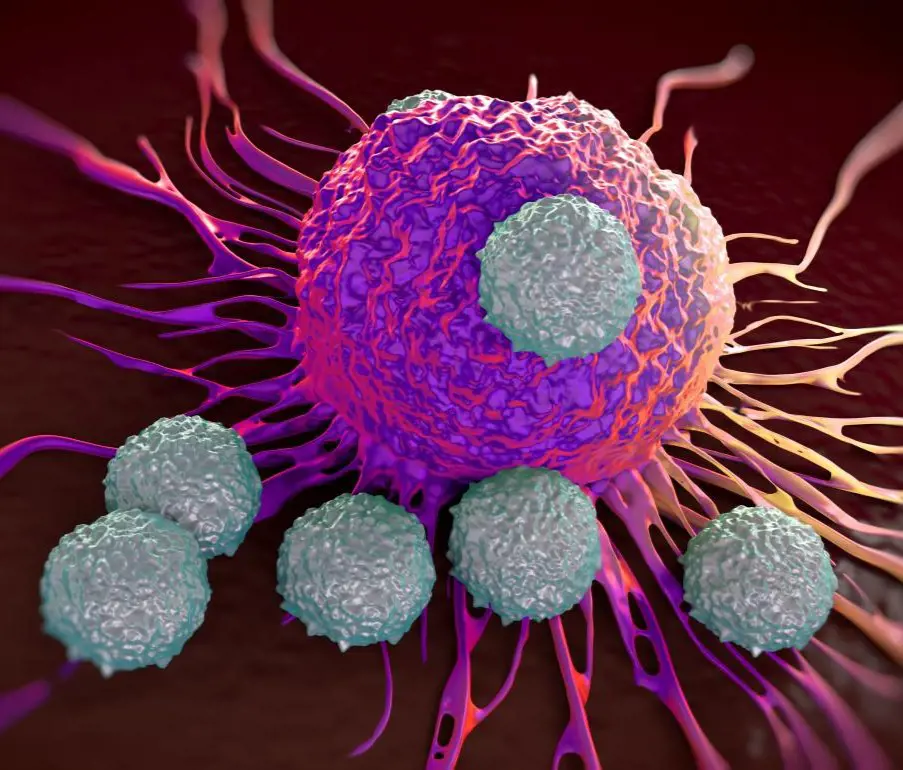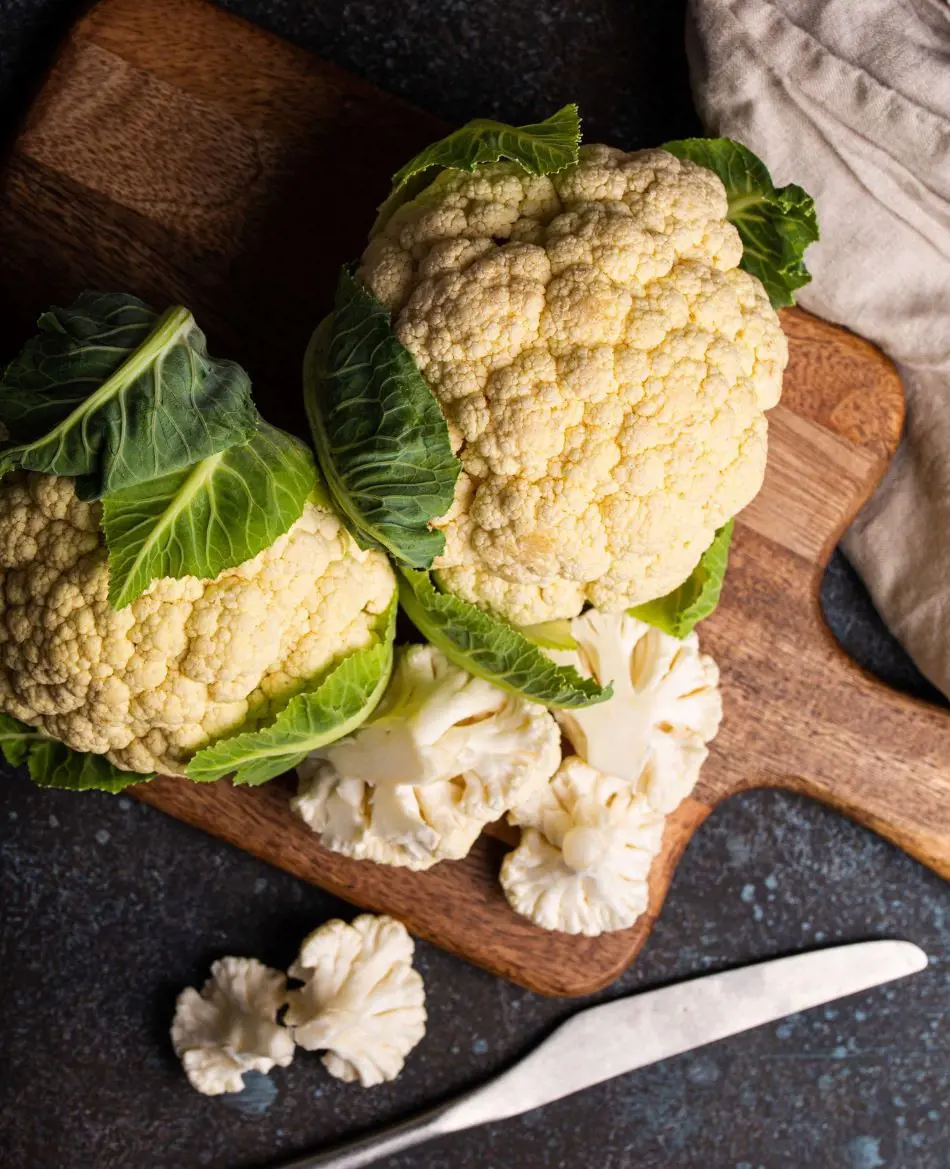15 Health Benefits Of Cinnamon Tea

The cinnamon rolls we see today are extracted from the tree's inner bark, which takes a curly shape when dried. The stick can be used just as it is or may be grounded into a powder.
This herbal tea has composites that offer various health benefits, including improved heart health, minimizing menstrual cramps, and many others. The below list contains 15 such benefits of cinnamon tea:
1. Aids in Weight Loss
Cinnamon tea is a tasty hot beverage that is helpful in weight loss. By generating a sense of fullness and reducing cravings, cinnamon tea helps control unhealthy food. Moreover, the drink fastens metabolism and helps to burn more calories.
However, there is no concrete proof of massive weight loss other than speeding metabolism. Cinnamon must be consumed in large quantities for maximum benefit, but more than 10 grams or five teaspoons of cinnamon powder may harm the liver. When consumed in large amounts, the coumarin in cinnamon may cause bleeding and liver disruption.
2. Relieve Cold and Flu

Although cinnamon tea might not be the ultimate remedy for colds and flu, its antioxidant, antibacterial, and antifungal properties mitigate the symptoms. Cinnamaldehyde is the main component that helps to reduce the growth of bacteria and fungi responsible for colds and flu. As per the Health line, these bacteria include Staphylococcus, Salmonella, and E. coli.
Another possible reason cinnamon tea might improve colds and flu is because of its antioxidant properties that boost the immune system. You can sip some hot cinnamon tea with a pinch of cinnamon powder to speed up the recovery.
3. Lessens Menstrual Cramps
Cinnamon tea can be less painful with menstrual symptoms, such as premenstrual syndrome and dysmenorrhea. However, it would be wrong to say that cinnamon completely removes the pain or works much better than medicine.
Cinnamon tea soothes the cramps and helps to control the pain better. Moreover, it is also known to reduce menstrual bleeding, vomiting tendency, and nausea during periods.
4. Contains High Amount of Antioxidants

Cinnamon contains many antioxidants, valuable compounds necessary for a healthy body. Antioxidants are responsible for fighting off free radicals, which primarily contribute to cell damage and further cause diseases such as diabetes, cancer, and cardiovascular diseases.
Cinnamon is rich in polyphenol antioxidants, which protect the body from various diseases. Furthermore, Cinnamon tea is capable of enhancing the total antioxidant capacity.
5. Promote Good Heart Health
Another benefit of cinnamon tea is improved heart health. Studies have shown that in rare cases, cinnamon may be an effective spice in relaxing the blood vessels and reducing blood pressure and bad cholesterol.
Further, cinnamon is said to increase the level of good cholesterol in the body, which eventually helps the heart by eliminating excess cholesterol from the blood vessels.
A particular type of cinnamon, Cassia cinnamon, is known to include a high amount of non-artificial coumarins, an essential compound for preventing blood vessel narrowing and blood clotting. However, cinnamon tea alone cannot do wonders, as a healthy, balanced diet must follow it.
6. Maintains Blood Sugar Level

With its antidiabetic properties, cinnamon tea may help reduce blood sugar levels. Cinnamon helps maintain an average blood sugar level by lowering insulin resistance and enhancing insulin usefulness. All these factors even contribute to protection against type 2 diabetes.
Also, by slowing carbs breakdown after a meal, cinnamon helps prevent blood sugar levels from spiking after meals. Thus, Cinnamon tea is the best drink to consume after a meal. Although more research is needed for concrete evidence, the initial findings seem adequate.
7. Upgrades Oral Health
Cinnamon tea helps maintain healthy teeth and gums, improving oral health. Cinnamon contains antibacterial properties, which might help to prevent gum diseases and tooth decay. Therefore, it is best to drink one cup of cinnamon tea in the morning for all-day oral freshness.
The calcium in cinnamon helps to keep teeth strong and healthy. The flavonoids in cinnamon help to fight against any inflammation, tooth pain, or swelling. Moreover, it is beneficial in comforting soft infant baby gums during the teething phase.
8. Apparently Refines Brain Function

Studies conducted on several animals suggest that cinnamon can apparently refine brain functions. A study on cinnamon's effect on glycemia and lipid levels showed that cinnamon can be beneficial in treating memory loss after a disturbing brain injury.
Cinnamon has a few properties that help improve brain functions, such as memory and learning. The use of cinnamon or its extract can change cognitive function. 1 to ½ teaspoon of cinnamon powder is recommended for body and brain development.
9. Retains Skin Elasticity and Firmness
Cinnamon is a powerful spice, with its benefits extending to maintaining skin elasticity and firmness. It helps to promote collagen production, which is crucial for healthy skin. Collagen can help maintain skin elasticity and advance hydration. It supports bones, ligaments, and even hair health. As a result, this leads to plump and firm skin.
Additionally, the anti-inflammatory and anti-bacterial components of Cinnamon make it a good option for acne-prone skin. Moreover, the antioxidants loaded in cinnamon help limit the supply of free radicals and diminish the risk of premature aging of the skin.
10. Possibly Assist with Inflammation

Inflammation is connected to prolonged conditions such as diabetes, arthritis, and heart disease. A considerable amount of cinnamon intake might minimize joint swelling. A few other studies also suggest that this delicate spice might aid in reducing inflammation indicators.
This implies that cinnamon tea might have a fruitful impact on inflammatory conditions, including ulcerative colitis, Crohn’s disease, rheumatoid arthritis, and asthma, as described by Greatist. This further means that cinnamon tea might be beneficial in terms of conditions where inflammation may be a risk, such as cardiovascular diseases and cancer.
11. Regulates Indigestion and other Stomach Issues
Cinnamon has been used since ancient times to improve indigestion. It is known to improve gastrointestinal discomfort due to the presence of anti-inflammatory and antimicrobial properties present in cinnamon tea. Acidity caused by certain types of foods can also be treated with cinnamon tea. A hot glass of cinnamon tea right after a meal may unclog the acidity.
Further, the presence of catechins, a phenolic compound in cinnamon, helps to soothe other stomach issues such as nausea, diarrhea, and stomach cramps. So, a mild stomach ache could be instantly treated with a warm glass of cinnamon tea and honey.
12. May contain Anti-Cancer Properties

It has also been indicated to halt the spread of cancer cells to other parts of the body. While it might be a cost-effective and time-saving way of treating cancer, no actual evidence proves that Cinnamon completely eliminates cancer from the body.
Cancer is a rather deadly and complicated condition that requires proper care. Cinnamon tea might be of little help, but it is best to consult an expert in this matter.
13. Induce Better Sleep
Cinnamon tea can be a better option for a peaceful and sound sleep. When blood sugar rises and crashes, it might cause disturbed sleep. Since Cinnamon helps to control blood sugar levels, consuming cinnamon tea right before bed might lead to an uninterrupted sleep.
Cinnamaldehyde is the key compound found in cinnamon, which is responsible for improving sleep quality and fighting insomnia. It is also believed that cinnamon helps to uplift neurotransmitter activity while dealing with insomnia. Consuming a warm glass of milk with added cinnamon and honey might induce better sleep.
14. Encourage Hair Growth and Reduce Hair Loss

Cinnamaldehyde is also known to improve the blood flow and circulation among hair follicles. Procyanidin, one of the flavonoids found in cinnamon, is linked with hair growth. Furthermore, it has anti-bacterial properties that help treat dandruff when applied to the scalp.
Further, when it is applied on the scalp, Cinnamon helps to encourage circulation. This might lead to hair growth and less chance of hair loss. Cinnamon and honey is a popular hair mask that gives a red tone to the hair. The color is mostly stronger during the initial days of coloring, and it gradually settles after a few days of staying on a lighter shade.
15. It is Easy to Use
It is super easy to incorporate cinnamon into the diet. You can enjoy this spice with many foods, such as a salad garnish, iced tea, or hot tea. The easiest way to use Cinnamon is by making cinnamon tea. You only need a cup of hot water and the spice. Cinnamon has been used in many foods since ancient times, it gives a rich taste to the food.
The beverage will be ready in no time. You can add lemon or honey for an increased taste. Moreover, cinnamon tea bags are easily available in online stores or grocery markets. They are super easy to make and have plenty of health benefits.
How Much Cinnamon Tea is Recommended?

Around 1 cup per day of cinnamon tea in 8 to 12 ounces of water is recommended daily. One of the most effective and highly advertised cinnamons is Cassia cinnamon because of its rich coumarin content. Roughly one tablespoon of cinnamon contains 7 to 18 grams of coumarin. Large doses of cinnamon tea are considered unsafe as they may cause harmful effects on the body.
However, when consumed in the form of tea, the dose of cinnamon must be considered when consuming more than 1 cup of cinnamon tea. The best time to consume is in the morning with breakfast or between meals.
Potential Side Effects of Cinnamon Tea
There are two main types of cinnamon: Cassia and Ceylon; the former is a regular and most consumed cinnamon, while the latter is a true cinnamon that tastes less bitter. Cassia is easily available in the store and is cheaper as compared to Ceylon cinnamon.
A high dose of Cassia Cinnamon causes many health issues due to its large coumarin content. Some potential risks of cinnamon tea are:
1. Low Blood Sugar: One of the advantages of cinnamon tea is it helps to lower blood sugar levels. When consumed in high amounts, cinnamon can drastically lower blood sugar levels, causing dizziness, tiredness, and the probability of fainting.
2. Mouth Sores: Because of the Cinnamaldehyde people sensitive to cinnamon or its related products might face mouth soreness, gum swelling, white patches on the mouth, and others.
3. Liver Degradation: One tablespoon of cassia cinnamon contains 7 to 18 mg of coumarin, which exceeds the recommended value of coumarin per day. This causes an adverse effect on the liver.
4. Breathing difficulty: Cinnamon powder has a fine texture which is easy to inhale, causing breathing problems when consumed in large quantities. It might also cause coughing, gagging, and difficulty catching breath.
Recent posts
Nutrition
Nutrition
Licorice Root: Benefits And Uses
You can spell it liquorice or licorice; this herb or root has been in use for centuries in most medicinal applications, as a natural sweetener and to enhance flavors. Regarding its origins, it comes from the root of the "Glycyrrhiza galbre" plant and...
Nutrition
Is Salmon Good For You? Nutritional Facts and Benefits
Salmon fish is a staple diet throughout the world, popular as a super food for its nutrients. Whether savored in sushi, poached, grilled, roasted, or pan-fried, salmon offers minerals and vitamins that contribute to healthy bodily functions. In addit...
Nutrition
25 Smoked Salmon Recipes That You Will Enjoy
Salmon is a silver-colored fish that is loaded with many nutrients, vitamins, and omega-3 fatty acids. Smoked Salmon is better for improving your health and reducing the risk of cancer, heart-related diseases, fights inflammation, reduces anxiety and...
Nutrition
Are Sausages Healthy? Nutrition And Health Benefits
Sausages are tasty in an addictive way, making them one of the most popular foods worldwide. You may have enjoyed this convenient food often, whether on a bun with mustard or grilled on a barbecue, the simple preparation methods are what makes its co...
Nutrition
20 Vegetables That Are Rich In Iron
Iron is essential for our bodies to function well. When we don't get enough iron, we often feel weak and tired. It's important to address iron deficiency early by eating the right foods. Fortunately, many vegetables are rich in iron and can help prev...
Nutrition
15 Cauliflower Nutrition Facts And Health Benefits
Cauliflower, a cruciferous vegetable, resembles a white variation of its relative, broccoli. Like broccoli, it has closely bunched florets attached to a thick core, often surrounded by a few leaves. While white is the most common color, cauliflower i...







